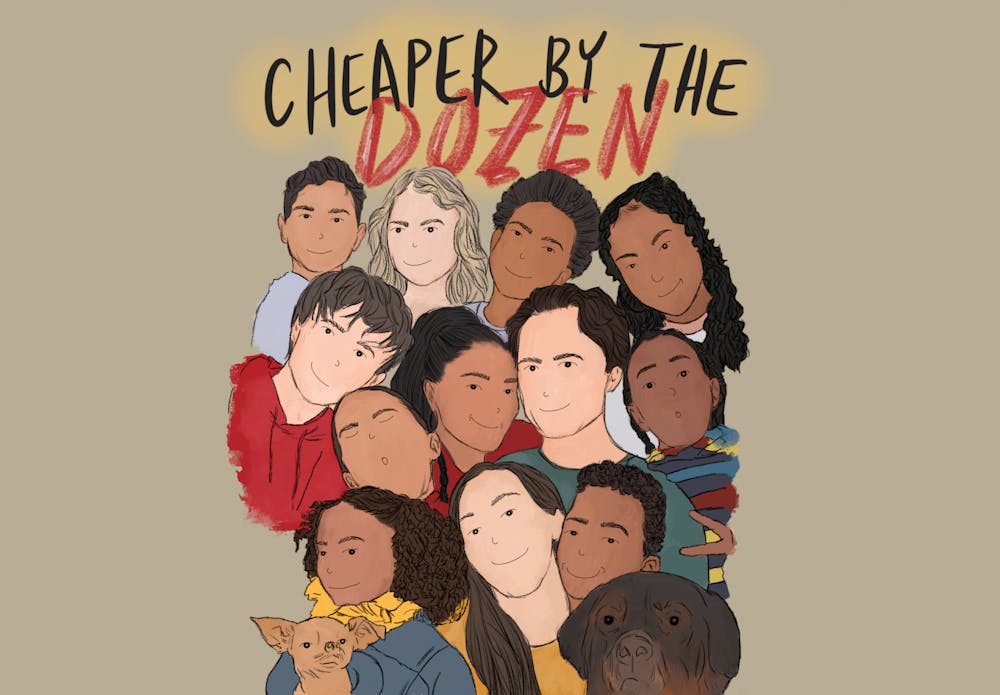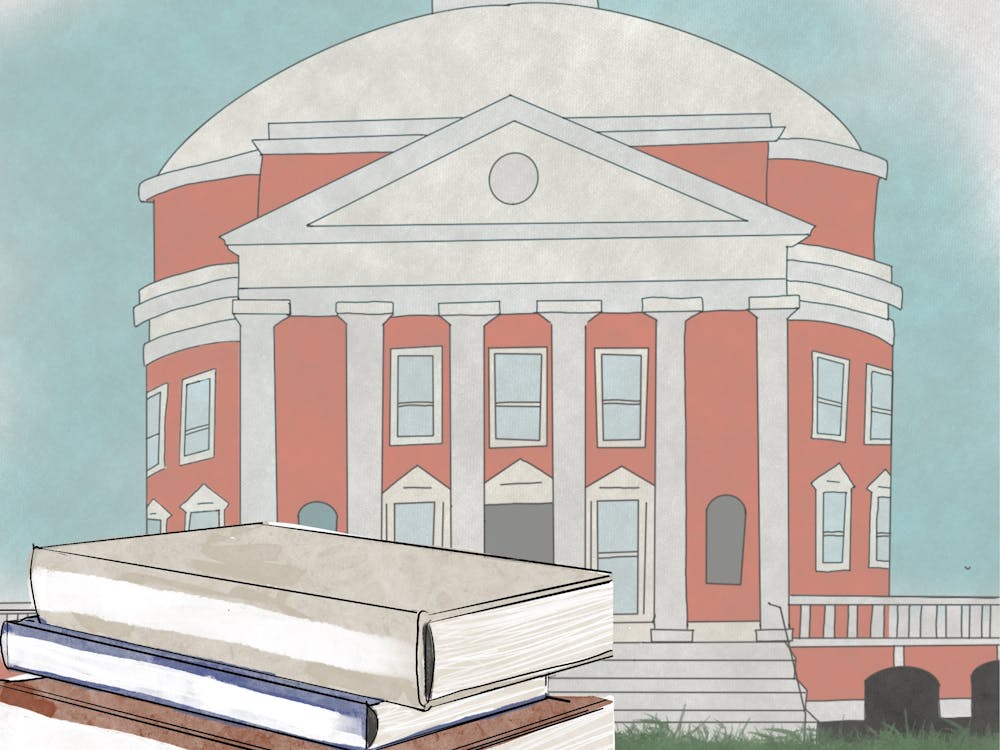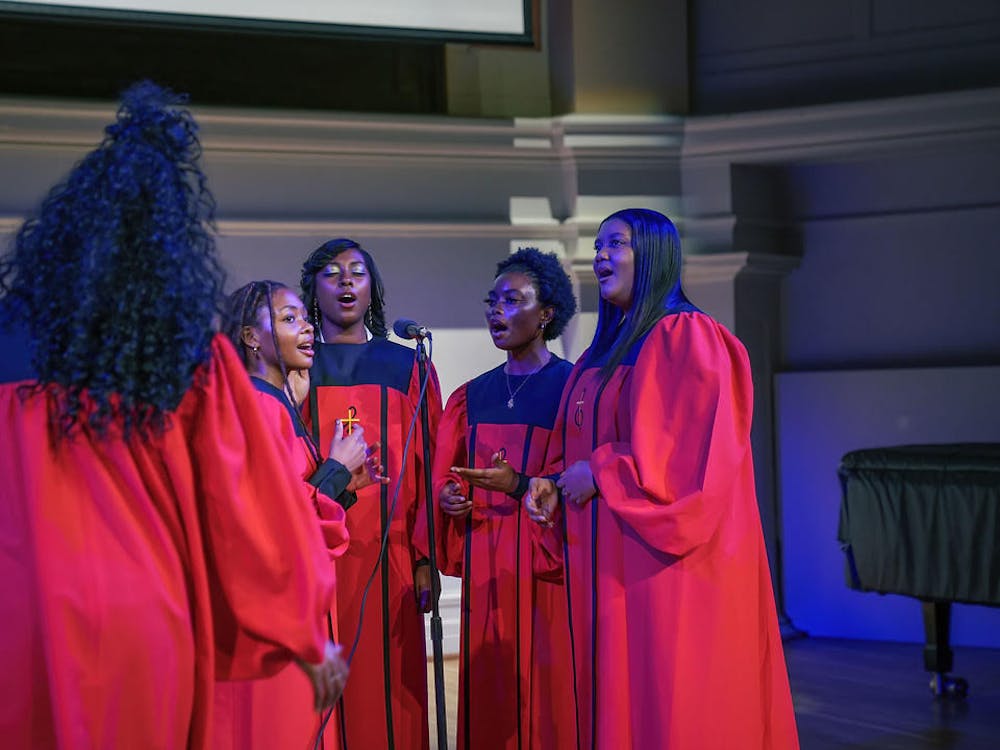“Cheaper by the Dozen” is Disney’s latest reimagining of a film that didn’t need to be retold. In this remake of the 2003 film of the same name, Zach Braff and Gabrielle Union play Paul and Zoey Baker, respectively, parents to a full house of 10 kids. Paul and Zoey have a total of five children from prior marriages, and then have two sets of twins together. Rounding out the group is Paul’s nephew Seth, who lives with the Bakers while his mom is in rehab for drug addiction.
Together, they manage an all-day breakfast restaurant and face the monetary problems that come with raising a large household on a small-business paycheck. But when Paul’s homemade sauce gets turned into a brand name by a corporate sponsorship, the Bakers pack up and move to a bigger house in a wealthy neighborhood, which comes with a slew of problems.
But there’s more in store for the Bakers than the normal hijinks that come with relocating a large family. Deja, Zoey’s oldest daughter, dreamt of a basketball scholarship — but now, being one of few Black students at her new predominantly white school, she has been sidelined in favor of a wealthy donor’s daughter. Haresh, the Baker’s adopted Indian son, faces disparaging comments and harassment due to his descent. Zoey herself faces microaggressions for being Black in her gated suburban community, from a rent-a-cop singling out her family for noise violations to a snobby white mother mistaking her for a nanny.
Perhaps the most unsettling incident of this discrimination is when Zoey forbids her youngest twin boys to play outside with toy laser-tag guns, an eerie reminder of real-life incidents of police brutality, like the shooting of 12-year-old Tamir Rice, who was killed by police officers who mistook his toy gun for a real one in 2014. This movie chooses to acknowledge some of the challenges faced by people of color rather than sweeping them under the rug, using its cast to highlight racial inequalities in addition to providing diverse representation.
While this film opens up discussions about racial inequalities and prejudices, those elements are unfortunately overshadowed by the blandness of what remains. “Cheaper by the Dozen” refuses to let its audience interpret anything on their own, even at the most basic level of plot, making every interaction seem forced. Feelings are explained outright in the simplest of terms, reducing the characters to one-dimensional beings rather than complex humans. We don’t get to see Zoey’s discontent when Paul is called away for business, but we get to hear her say it out loud, multiple times.
This movie’s insistence on constantly explaining events even waters down its discussions of race. Zoey must outright say that there are places she feels like she doesn’t belong because of her race. Haresh’s bullies harass him in the most heavy-handed way possible, asking if he even speaks English and even calling him “bin Laden.” Most nuance and complexities are removed, leaving room for only the most outright forms of racism to be discussed. Rather than meaningfully exploring racial discrimination, “Cheaper by the Dozen” sticks to surface-level references to racism, making the results feel clumsy and shallow at best.
One might think that the lack of complex characters would at least leave room for entertaining events, but that would be incorrect. “Cheaper by the Dozen” surpasses the 90-minute mark, and most of this comes from glacial pacing and padded runtime. The “big move,” the main conflict of the movie, isn’t even suggested until a third of the way through. The first 10 minutes narrate the entire backstory of the family, which could have been shortened to a paragraph of dialogue. The rest of the movie is full of empty conversations, poorly-manufactured conflict and an inordinate amount of time spent at their community pool.
Adding to the movie’s lethargy is its lack of humor. The jokes are structured like a corny sitcom, where the characters themselves serve as the laugh track. The dance battle between Dom, Zoey’s ex-husband, and Paul will cause audiences to cringe rather than giggle. The youngest childrens’ “drag race” of bikes through the house does no more damage than a knocked-over bowl of oranges and a small bloody nose.
The biggest source of humor in the original 2003 film was the family’s disorder and mayhem. But in this version, the absolute chaos of a twelve-person family is subdued into mild shenanigans, and their spacious mansion remains clean, quiet and organized. This change eliminates the opportunity for basic slapstick comedy, leaving the film empty of both well-written jokes and physical gags.
The last 20 minutes show what the movie could have been, because for the first time, the film addresses the complexities of its characters’ experiences. Dom and Paul have an argument about how Dom’s kids have been raised. Dom points out that no matter how much Paul may love his African-American children, as a white man, he cannot understand the Black experience. DJ, Dom’s sweet, nerdy son, will always be seen as a threat because of his skin color, and Paul can’t prepare him for that. This is the first time the movie dares to dive into deeper waters, and it’s made disappointing only by the fact it could have been done an hour before.
“Cheaper by the Dozen” had the chance to produce a movie both entertaining and culturally relevant, but instead delivered something empty and forgettable. Disney could have utilized the film’s diverse cast to make a meaningful statement about racial discrimination, turning this remake into the reimagining they claimed it to be. Instead, the film fell flat, and “Cheaper by the Dozen” only scrapes the surface of its potential.





